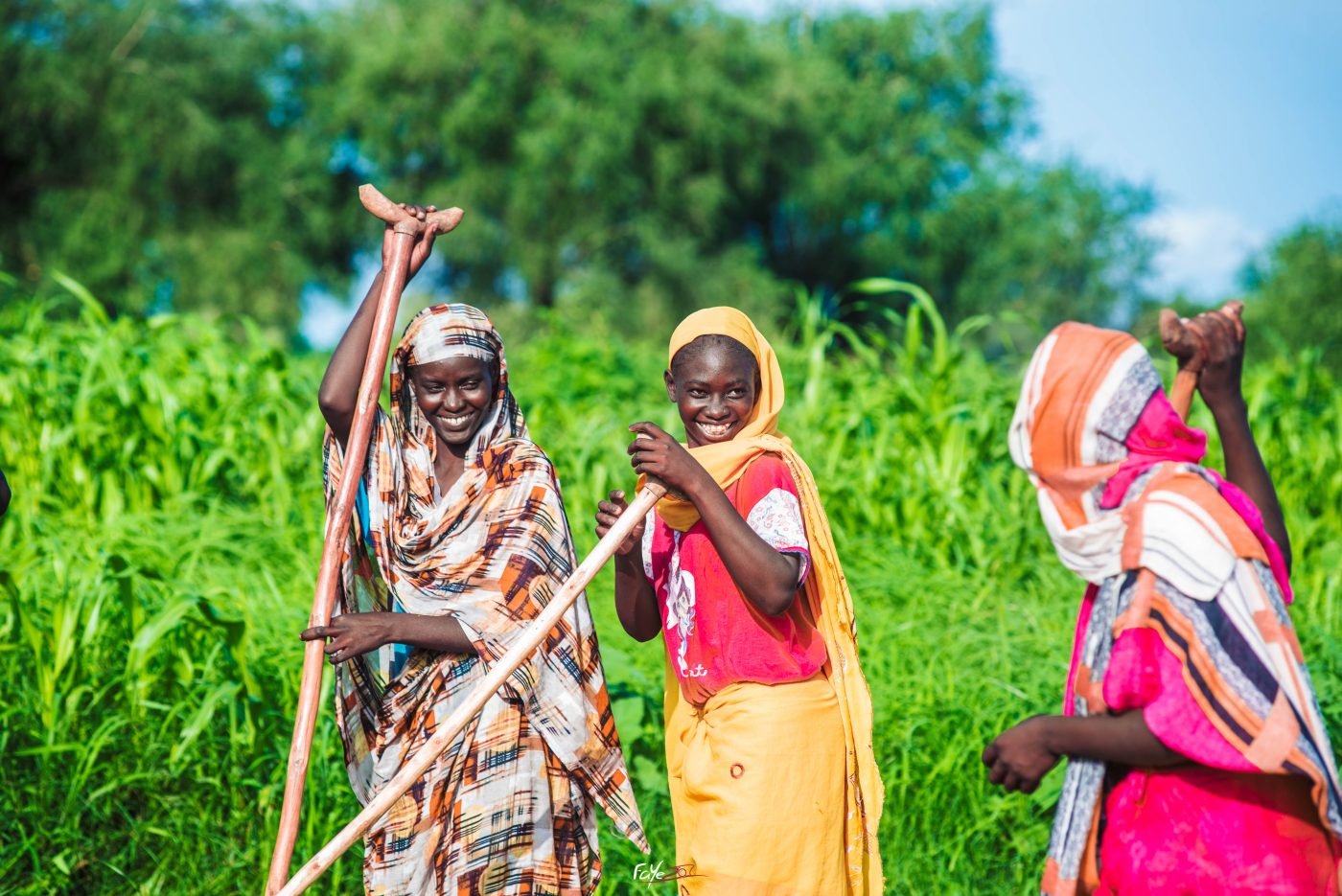
The war that started in April 2023 between the Sudanese Armed Forces (SAF) and the Rapid Support Forces (RSF) has plunged the entire country into a state of war with no areas unaffected. The food systems including primary production have been significantly hit both directly and indirectly, contributing to a rapidly deteriorating food security situation with a high risk of widespread famine.
The scale of food needs is already far outstripping the capacity for aid actors to respond due to constraints including funding, access, and security. However, with ongoing conflict, the primary production of agropastoral livelihoods is likely to further deteriorate, leading to a cascading crisis. The aid sector response to support primary production is vital and needs to be strategic and holistic.
The Conflict Sensitivity Facility (CSF) and USAID/TEPS[1] have been collaborating with SoilWatch to analyse food system impacts and recommendations for aid sector actors. The upcoming analysis will explore the differential impacts of the conflict on the main agropastoral production modalities – traditional smallholder, commercial semi-mechanised, irrigated, and pastoral – and provide a strategy with recommendations to improve production, food security, and conflict resilience.
The strategy lays the foundation for not only immediate support but also longer-term resilience, recovery, and development. The agricultural system that existed prior to the conflict was highly centralised and led to persistent rural poverty, diminishing yields, environmental degradation, and resource-based conflict. The opportunity for supporting a better system – one based on decentralisation, self-sufficiency, and financial, social, environmental sustainability – is available and work towards it can and should start now.
Please find key recommendations for the main food production sectors available to download here: Urgent priorities for food systems in Sudan – Briefing Note.
Subscribe to the CSF mailing list to access the full report when it comes out and get in touch if you would like to discuss implications for practice and policy.
[1] The authors’ views expressed in this document do not necessarily reflect the views of the United States Agency for International Development or the United States Government.